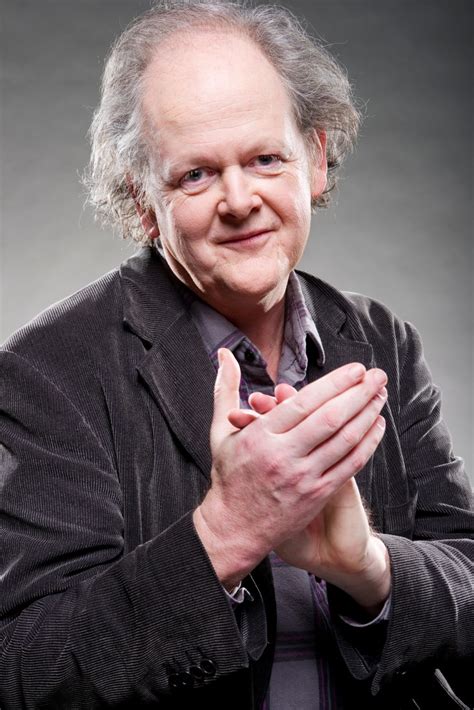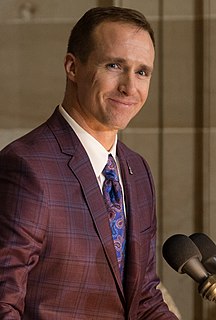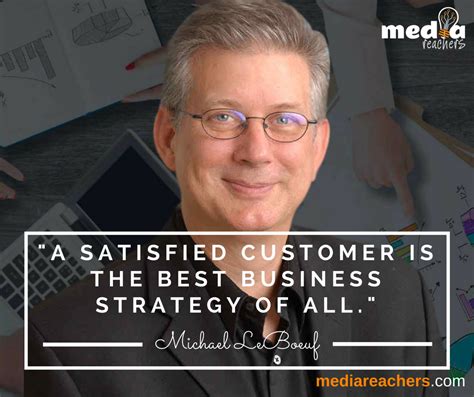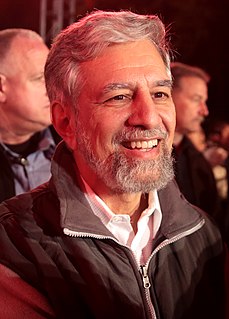A Quote by Craig Brown
The best critics do not worry about what the author might think. That would be like a detective worrying about what a suspect might think. Instead, they treat the reader as an intelligent friend, and describe the book as honestly, and as entertainingly, as possible.
Related Quotes
A good friend of mine once told me that each morning when you wake up, think about winning the day. Don't worry about a week from now or a month from now - just think about one day at a time. If you are worried about the mountain in the distance, you might trip over the molehill right in front of you. Win the day!
Of all my films, people wrote to me most about this one... ...I had wanted to make The Idiot long before Rashomon. Since I was little I've liked Russian literature, but I find that I like Dostoevsky the best and had long thought that this book would make a wonderful film. He is still my favourite author, and he is the one - I still think - who writes most honestly about human existence.
We do share with my mother what I would refer to as an anxiety gene. And I think it is genetic, that I worry about everything. Not every day, I don't want to say it like that, but I do worry a lot about - what was the line I heard the other day, when I was saying to a girlfriend of mine that I worry? She says, "Yes, I spent my whole life worrying - and some of the things actually came true."
I think that the good thing about working smaller and being a smaller company that doesn't have to make as much to make money back is that you don't have to worry about, well, critics like this and they'll tell people to buy it, but millions of people might say, 'Oh, well I'm not interested in that subject matter' and we're sunk.
Publishing a book is a great thing, and I'm grateful, but it's also a horrible, exposing thing. Once you've published a book, you never write quite as freely again. You're aware, from that point onward, of the kinds of things critics might say about it. You're aware of the kinds of things your publishers might like and dislike about it. You're half-aware of marketing strategies - of all the stuff around the book. Whereas with your very first piece of fiction, if you're lucky, those things barely occur to you at all.




































